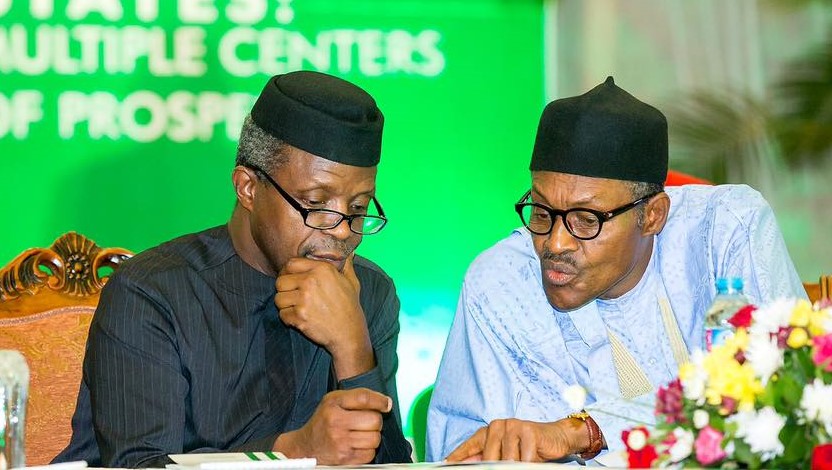In 2016, the President of Nigeria’s Twitter handle, @mBuhari ranked 19 of the 50 most influential world leaders on social media while the office of the president’s official handle @ngrpresident ranked 46. This feat by the Nigerian government can easily be tied to the appointment of Tolu Ogunlesi — a two-time CNN Journalist of the Year and blogger — as the Special Assistant to the President on Digital/New Media in 2016.
On the 10th of June 2017, Nigeria joined other countries like Canada and Ukraine in Twiplomacy by unveiling @Nigeria, the official Twitter handle of the Federal Republic of Nigeria. The account is dedicated to showcasing Nigeria’s insights and culture to the rest of the world on Twitter, with the help of several Nigerians who would be running the account.
What the @Nigeria handle means for Nigeria
Nigeria’s self-acclaimed “giant of Africa” title is a huge contradiction to the many challenges the country faces. As bad as Nigeria’s situation is, it appears worse to the rest of the world. The @Nigeria handle would be showcasing the aspect of the Nigerian narrative to a global audience — “what the media will not show you”.
@Nigeria would be showing to the world, Nigeria’s rich arts and culture, food, music, tourist attractions, people, sports, science and technology, insights etc. It will foster Nigeria’s relationship with other countries.
Hey @Nigeria! Welcome to the brave new world of twiplomacy! Looking forward to reading interesting insights about your country 🔍 https://t.co/1PGUPhfjlm
— Ukraine / Україна (@Ukraine) June 11, 2017
Who needs to travel to Ukraine for diplomatic purposes when you can just tweet at them?
The @Nigeria handle will not be expected to portray the Nigerian narrative as perfect, because, we obviously still have basic challenges. Hopefully, the government in an attempt to refrain from embarrassing themselves would start taking their jobs seriously.
Nigeria embracing digital governance
For decades, since Nigeria’s independence, Nigerian leaders have ruled under the cloud of secrecy and opacity. The country’s present level of corruption reflects the many years of unaccountability by the Nigerian government. However, how could we have made them accountable when all their proceedings took place under a shroud?
Those days are gone. Social media has become an integral part of governance and Nigerian leaders, like their counterparts around the world, have accepted the need to maintain a social presence in one or more of the social media platforms to engage the electorate and further increase the conversations about governance.
Today, I was in Maiduguri, Borno State to commence a new chapter of our journey back to peace and prosperity in an important region. pic.twitter.com/ZAhS74Qzin
— Prof. Yemi Osinbajo (@ProfOsinbajo) June 8, 2017
To fully adopt digital governance, Senate President Bukola Saraki, in November 2015, announced that Nigerian senators and their aides would be trained on the effective use of social media to bridge the communication gap between Nigerians and their legislators. Even though the same senators tried to restrict the use of social media.
With Nigerian leaders, ministries, departments, and agencies now active on social media, there has been some level of transparency in government.
Social media platforms have replaced the traditional town hall meetings where leaders and a few citizens sit together to discuss challenges and developments. Now, more Nigerians, represented in their numbers on social media, can engage in discussions with the government, contributing to fiscal appropriation processes and making inputs to decisions and policies made by the government.
However, the government gets more than just contributions and inputs from Nigerians on social media, they get backlashes on a daily basis.
U cry knowing the amount of wealth we have and yet , we are struggling for everything in Nigerian ! Light,roads,salaries,schools zero !
— Freeman (@Freeman18906678) June 13, 2017
The present administration continually pushes transparency in governance by utilizing digital tools to interact with Nigerians from the use of Dropbox, podcast, live tweeting to government newsletters, engaging more youths to be involved in governance processes.
Technology is playing a significant role in building a more accountable and democratic Nigerian government and the @Nigeria handle is another step in the right direction.






